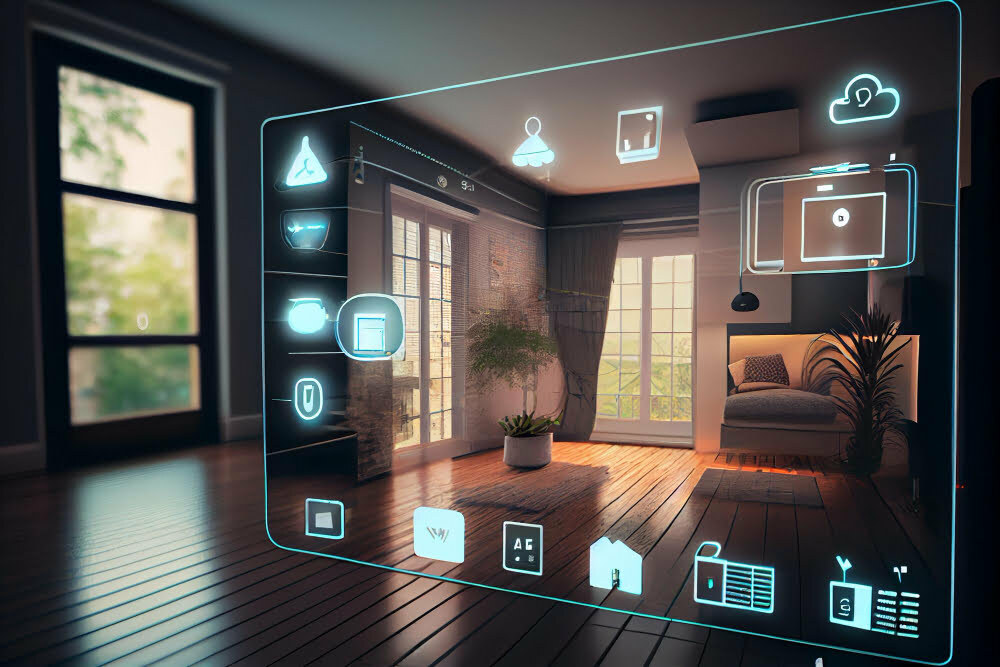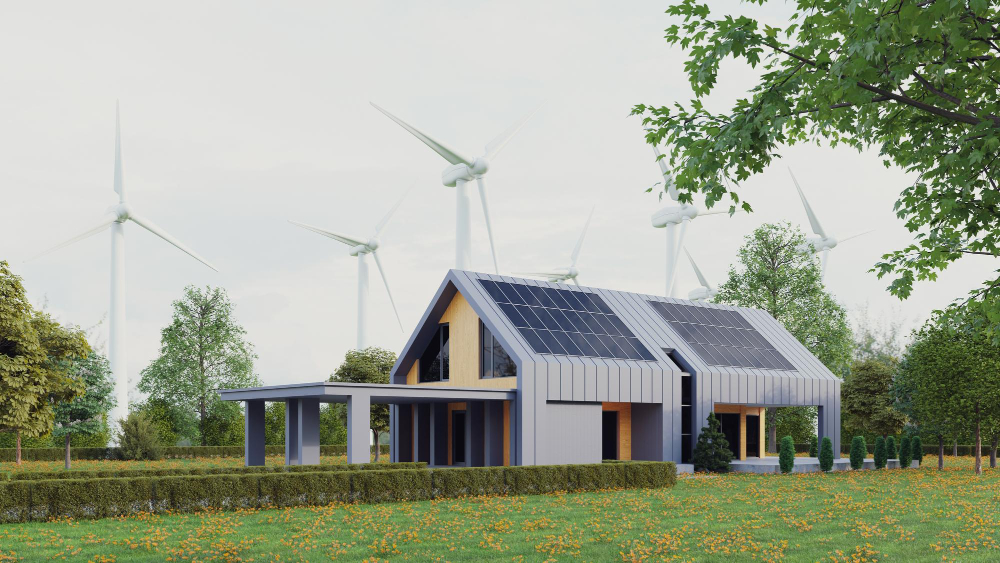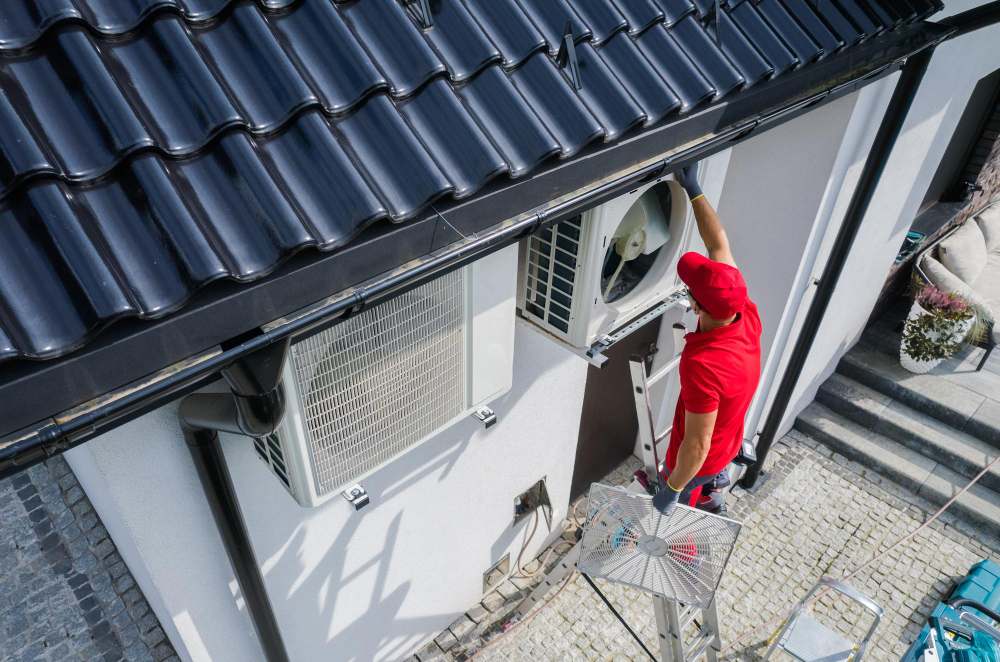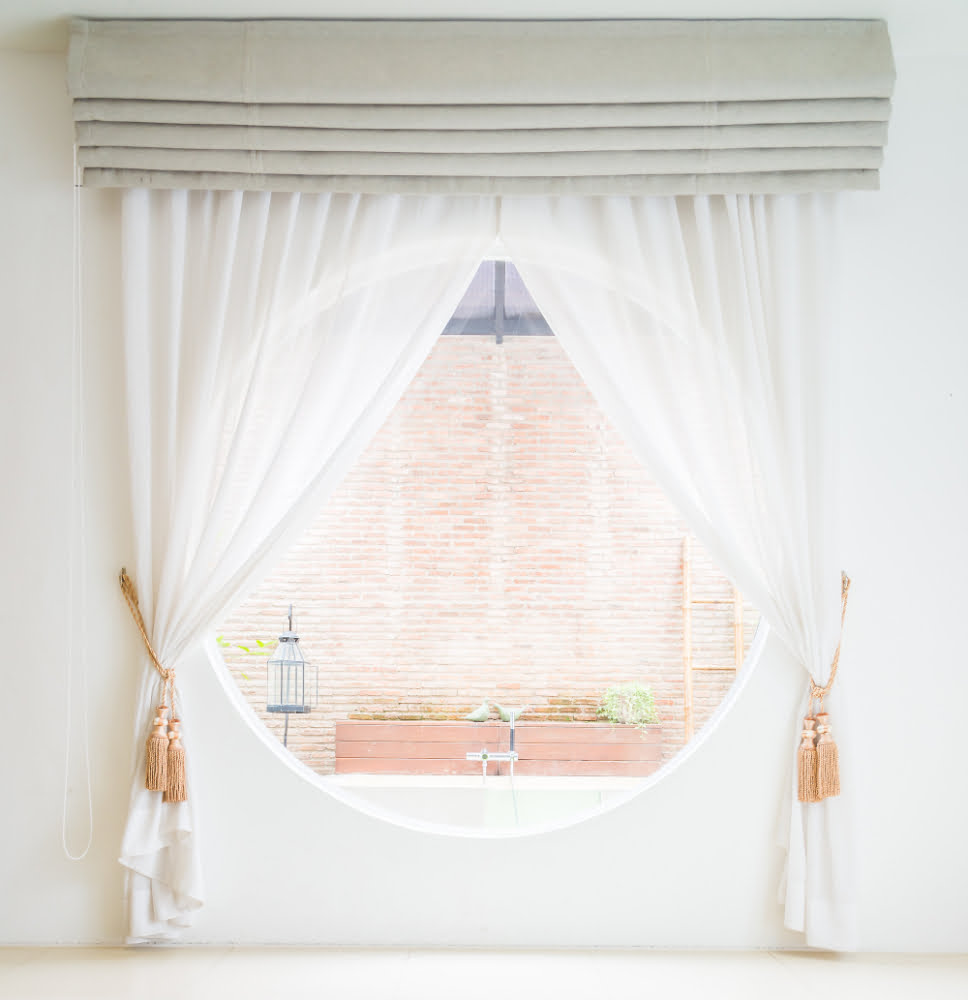Last updated on
Access to fresh water is not just a necessity – it’s a fundamental human right. However, as our world grapples with environmental challenges, it’s now more important than ever to adopt sustainable practices in our daily lives. One of the ways to contribute is by ensuring an eco-friendly fresh water supply at home.
This guide will provide you with practical, easy-to-implement tips to conserve water, reduce waste, and make a positive impact on our planet right from your home. So, let’s dive in and explore how you can play your part in safeguarding our most precious resource.
Utilize Rainwater Harvesting
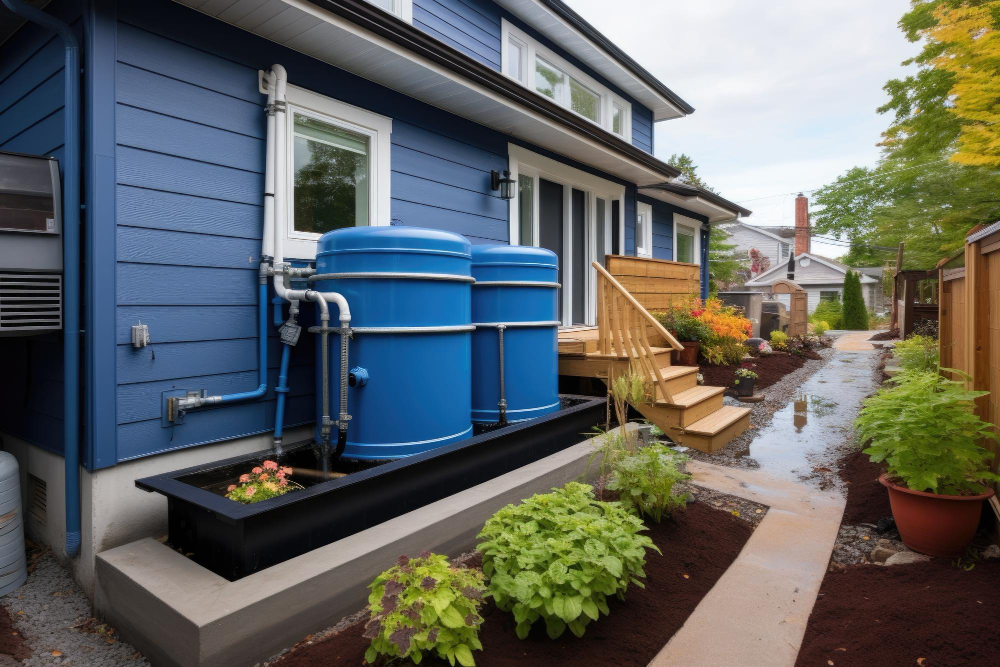
Rainwater harvesting is a method that has been used for centuries to capture and store rainwater for later use. Not only does it provide an alternative water source during times of drought, but it also decreases reliance on wells and water systems, reducing demand on these often overburdened systems.
You can implement a simple rainwater harvesting system at home by installing a rain barrel at your downspouts. This collected water can be used for watering plants, cleaning outdoor spaces, or even flushing toilets, all while saving precious fresh water.
Hiring Well Drilling Contractors for Sustainable Groundwater Extraction
If you rely on groundwater as a source of fresh water, it’s essential to ensure that its extraction is sustainable. Overuse or mismanagement of groundwater can lead to depletion and contamination, affecting both the environment and our health.
Hiring well drilling contractors who specialize in sustainable practices can help mitigate these risks. They can assess your property and suggest ways to tap into natural underground aquifers and recharge them to maintain a healthy balance. These professionals also follow regulations and guidelines to protect the environment while extracting groundwater.
Fix Leaks Immediately
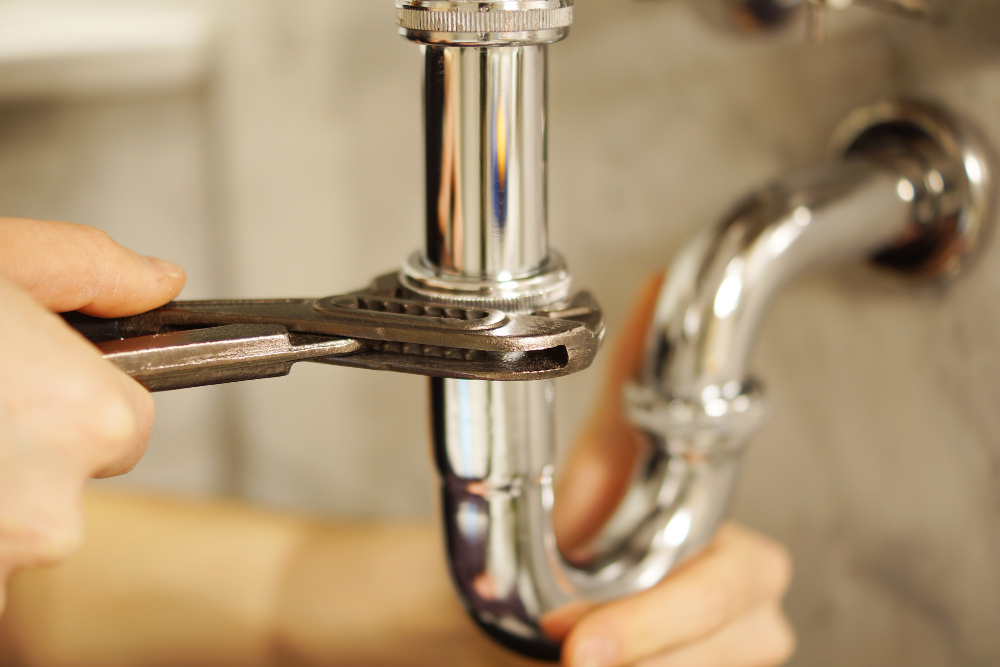
Did you know that a small, slow drip from a leaky faucet can waste up to 20 gallons of water per day? That’s almost 7,000 gallons per year! It’s important to regularly check your plumbing for leaks and fix them immediately to prevent unnecessary water wastage. Not only will this save you money on your utility bills, but it will also conserve fresh water for future use.
On the other hand, if you’re planning on upgrading your faucets and fixtures, consider investing in WaterSense-labeled products. These are certified to use at least 20% less water than traditional fixtures while still maintaining high-performance standards.
Use Low-flow Toilets
Toilets are the biggest water wasters in our homes, using up to 30% of household water. By switching to a low-flow toilet, you can cut down on water usage by 20-60%. These toilets have specialized flushing mechanisms that use less water per flush while still effectively getting rid of waste.
If replacing your entire toilet is not feasible, you can also install a toilet tank fill diverter or adjust the float to decrease the amount of water used per flush.
Opt for Native Plants
Plants that are native to your region require less water and maintenance, making them an eco-friendly landscaping choice. These plants are adapted to the local climate and soil conditions, reducing the need for excess watering and fertilizers.
Plus, they provide a natural habitat for local wildlife and promote biodiversity in your area. Do some research on the best native plants for your region and incorporate them into your outdoor space.
As responsible citizens, it is our duty to ensure the sustainable use of our resources, particularly fresh water. By implementing these eco-friendly tips at home, you can contribute to water conservation and environmental protection. Remember, every small action counts towards creating a more sustainable future for everyone.
Let us all play our part and make conscious choices to ensure a healthy, clean, and abundant fresh water supply for future generations. So, the next time you turn on the tap or flush the toilet, consider how you can make a positive impact on our planet.
Related reading:
Table of Contents
